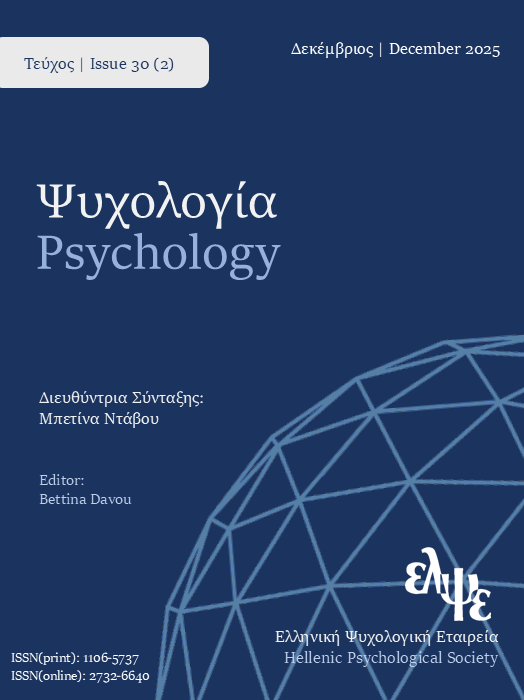Who is the “WE” that could include immigrants? Different aspects of common ingroups and intergroup competition

Abstract
The present experimental study, with Greek participants, investigates whether some common ingroups that potentially can include immigrants, in interaction with intergroup competition present more threat for local populations. Results indicate that when the common ingroup is defined as maintaining different memberships (“inhabitants of the country”), redirecting competition towards other outgroups ( other countries) is beneficial to perceptions of migrants. On the contrary, when the common ingroup is presented as blending memberships and presenting commonalities between groups ( “workers”), redirecting competition towards an outgroup ( employers) could be detrimental
and produce almost similar results with an intergroup situation where common membership is not salient. These findings have implications both in relation to social psychological theory of Common Ingroup Identity but also in relation to immigrants’ requests for identification and integration.
Article Details
- How to Cite
-
Chryssochoou, X., & Anagnostou, I. (2019). Who is the “WE” that could include immigrants? Different aspects of common ingroups and intergroup competition. Psychology: The Journal of the Hellenic Psychological Society, 24(2), 66–78. https://doi.org/10.12681/psy_hps.24918
- Issue
- Vol. 24 No. 2 (2019)
- Section
- SPECIAL SECTION

This work is licensed under a Creative Commons Attribution-ShareAlike 4.0 International License.
The journal PSYCHOLOGY adopts a Platinum open-access policy. Submission, processing or publication costs are waived by the Hellenic Psychological Society. Papers published in the journal PSYCHOLOGY are licensed under a 'Creative Commons Attribution-ShareAlike 4.0 International' licence. The authors reserve the copyright of their work and grant the journal the right of its first publication. Third-party licensees are allowed to use the published paper immediately after publication as they wish, provided they retain the defined by the license copyright formalities, regarding the reference to its author(s) and its initial publication in the journal PSYCHOLOGY. Moreover, any adjusted work should be shared under the same reuse rights, so with the same CC license.



